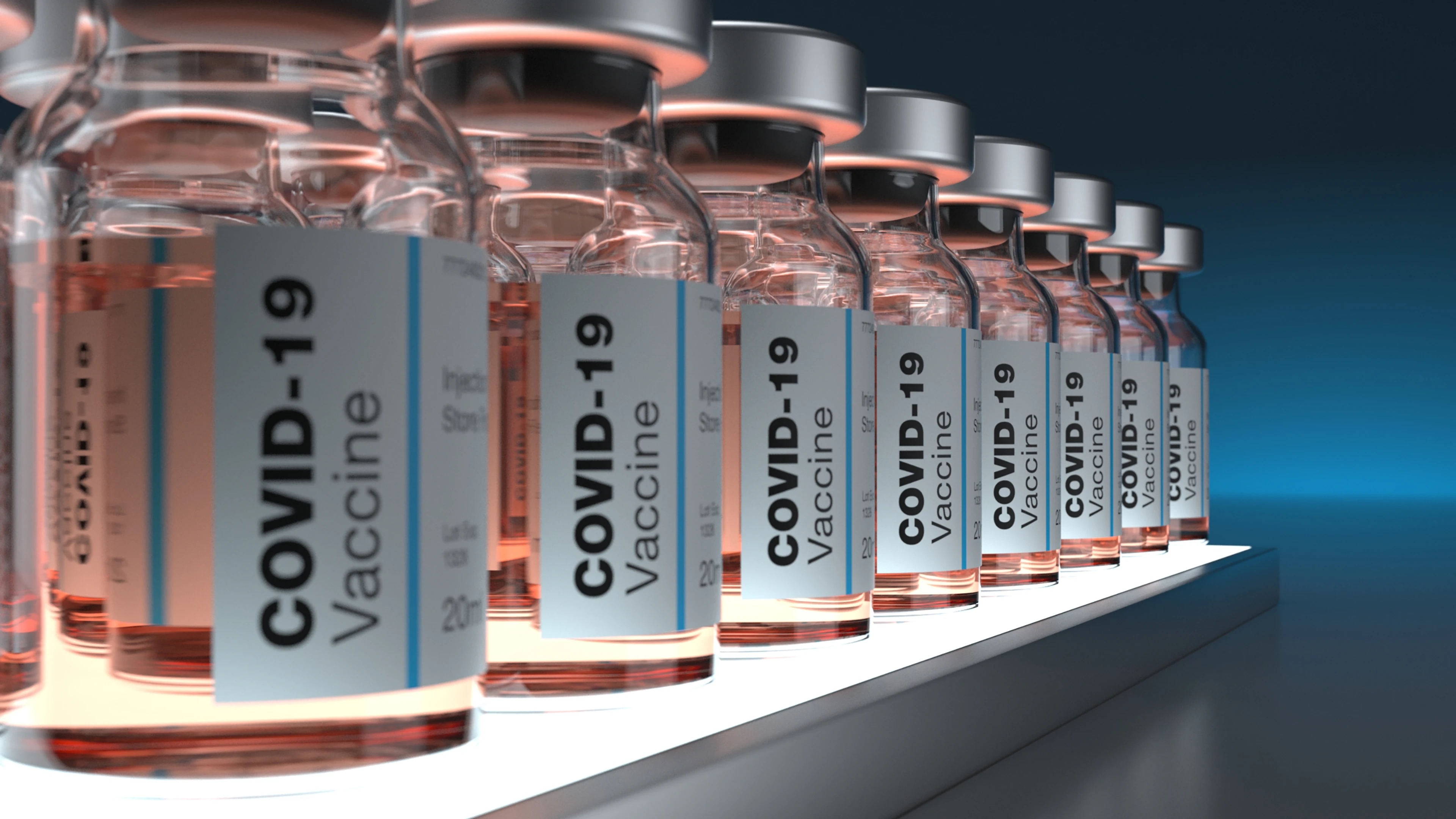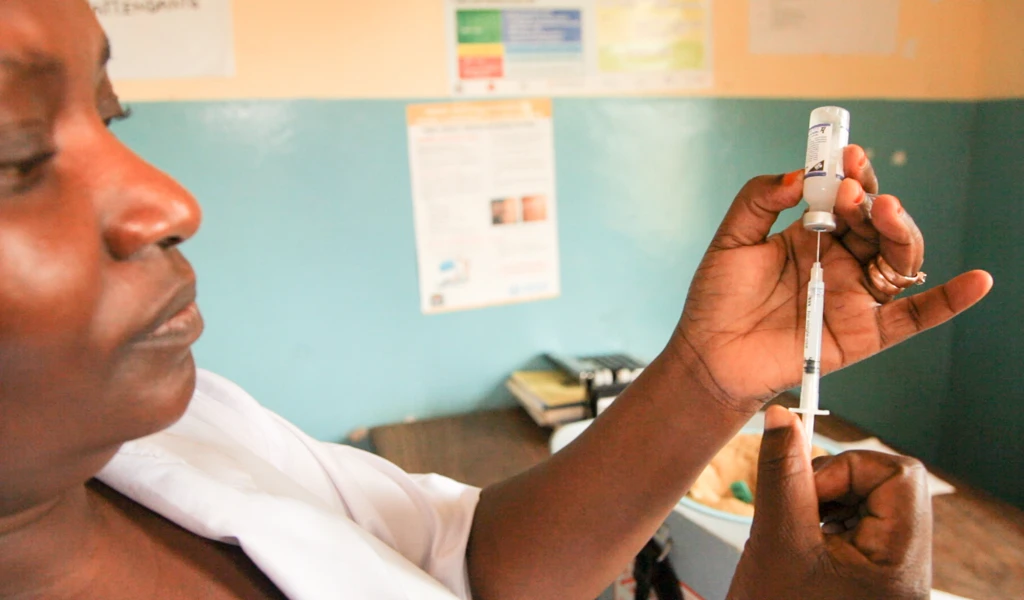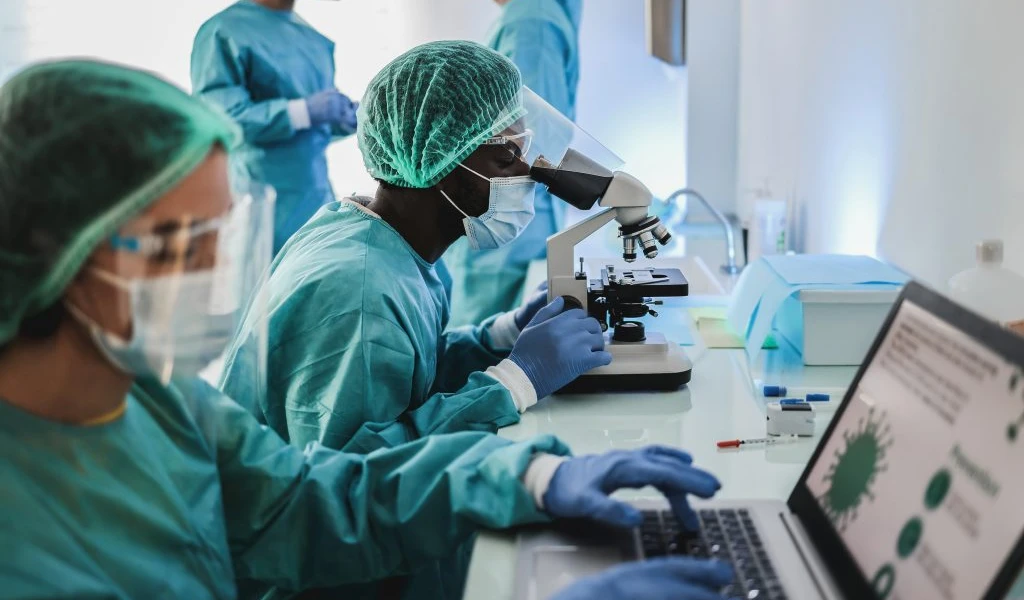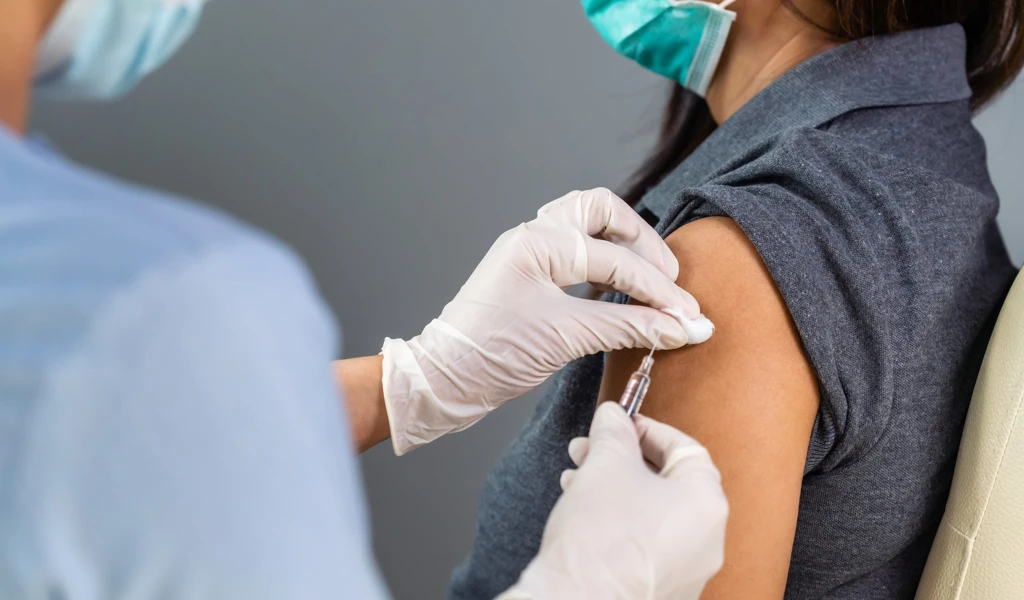CEPI and Oxford Vaccine Group in UK and Brazil partner to evaluate fractional COVID-19 booster vaccines

The Coalition for Epidemic Preparedness Innovations (CEPI), the University of Oxford's Oxford Vaccine Group - UK, and the Oxford Vaccine Group - Brazil, based at the Carlos Chagas Institute, have partnered to conduct a clinical trial in Brazil to investigate the impact of administering reduced COVID-19 booster shots instead of full doses.
CEPI will provide up to US$6.4 million to fund a clinical trial to evaluate the safety and immunogenicity of fractional heterologous boosters in populations which have previously been vaccinated with Sinovac/ Butantan COVID-19 vaccine (CoronaVac). Enrolment of participants in the clinical trial began in March 2022 and approximately 700 healthy adult volunteers will take part in the trial, which is being conducted in Natal and Belem, Brazil. Trial participants will already have received a primary regimen of two doses of CoronaVac at least six months prior to joining the study. Participants will then receive either a full or reduced booster dose of the AstraZeneca/Fiocruz recombinant COVID- 19 vaccine or a reduced dose of the Pfizer/ Wyeth mRNA COVID-19 vaccine and will be followed up for a period of six months.
Findings from the trial are expected to provide important data on the potential merits of vaccinating people with fractional booster doses of COVID-19 vaccine—as opposed to a full booster dose —which could help inform future COVID-19 vaccination strategies. If successful, reduced booster dose strategies have the potential to spare supplies, reduce costs, and improve the cost/ benefit of boosting compared to using full booster doses. Reduced doses may also produce fewer side effects in vaccine recipients following administration, which could improve the acceptability of booster doses.
The vaccines involved in this study have been fully approved in Brazil, have received Emergency Use Listing (EUL) by the World Health Organization (WHO) and are being distributed through COVAX, primarily to low- and middle-income countries (LMICs). In line with CEPI's Equitable Access Policy, all data from the clinical trial will be shared through open-access publications and via scientific meetings to ensure that all can benefit from the research, and that the data can be used to inform the recommendations of policy makers and regulatory authorities on the use of COVID-19 vaccines.
This trial will generate valuable data about reduced booster dose shots for combinations of vaccines that are being widely used in LMICs, which could help inform policymakers' decisions about vaccination strategies and allocations. As we continue to strive for vaccine equity, it is vital that we maximise the public health benefit of every available dose of COVID-19 vaccine.
This is the first COVID-19 vaccine study in Brazil funded by CEPI in collaboration with the Brazilian Ministry of Health. The Oxford Vaccine Group Brazil is proud to have received this CEPI grant which complements Brazil's major contributions to global health during this pandemic in science and for vaccine equity. Brazilian scientists have been involved in five different efficacy trials as well as ongoing fourth dose homologous/ heterologous boost trials. As for vaccine equity, Brazil already has one COVID-19 vaccine fully locally produced and approved via a successful tech transfer, improving worldwide supply.
Administering reduced vaccine shots—also known as fractionation—has previously been used to maximise global vaccine supply during outbreaks of Yellow fever and Polio. Based on these learnings, CEPI opened a Call for Proposals to fund clinical trial programmes looking at dose-sparing booster shots for different COVID-19 vaccine candidates, which forms part of the organization's work to expand research on the performance of existing COVID-19 vaccines so they can be used for maximum public health impact. This is the third award to be announced as part of the Call, following the launch of fractional booster dose trials in Australia, Indonesia and Mongolia led by the Murdoch Children's Research Institute (MCRI) in February 2022 and Brazil and Pakistan led by the Sabin Vaccine Institute in May 2022.
Efforts to fill in remaining COVID-19 R&D gaps are a key part of CEPI's $3.5bn plan to strengthen global defences against COVID-19 and minimise or even eradicate the risk of future epidemics and pandemics.
—ENDS—
Notes to Editors
In 2016, the WHO recommended using one-fifth of a regular dose of a Yellow fever vaccine to stem outbreaks occurring in multiple countries in Africa as well as China, amid concern around the limited global supply at the time. Their proposal was based on studies finding that smaller doses of the vaccine, given to adults, could still adequately protect against disease, with a 2019 study analysing real-world data supporting this immunisation strategy.
The dose-sparing approach has also previously been recommended by the WHO to alleviate shortages of an inactivated polio vaccine. In 2016, the WHO's Strategic Advisory Group of Experts (SAGE) on immunization recommended administering the vaccine intradermally (within the skin) rather than subcutaneously (under the skin) as a way of increasing the available doses at least twofold. Multiple studies have assessed immunogenicity of intradermal fractional doses of inactivated polio vaccine compared with the full intramuscular dose and demonstrated encouraging results. The approach has also been implemented in countries like India.


